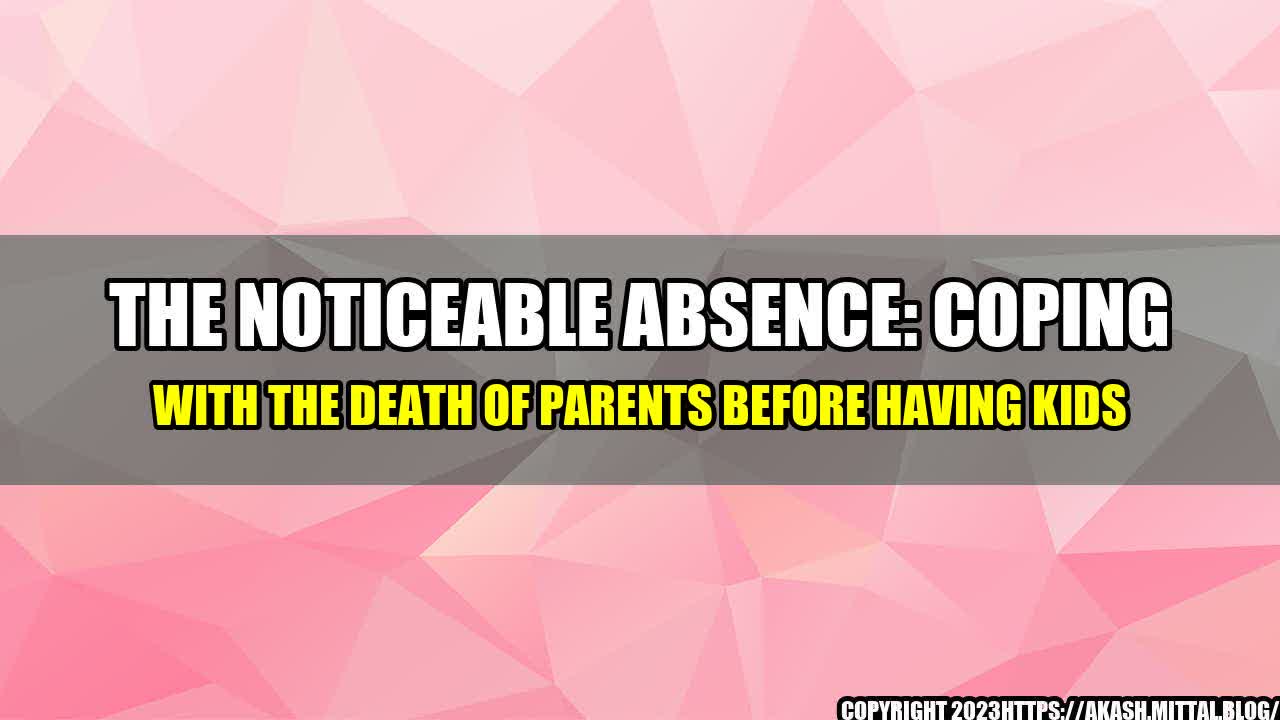When I was in my mid-thirties, I found out that I was infertile. At that time, the idea of having children wasn't really on my radar, so the news didn't hit me as hard as it could have. But as I got older and started to think more seriously about starting a family, I realized that the loss of my parents would be felt even more acutely because it would be happening before I had any children of my own.
The Magnitude of Their Absence
My parents died when I was in my twenties, before I had even started to think about having kids. At the time, it was devastating, but I didn't really understand the magnitude of their absence in my future life. As I got older and started to think more seriously about starting a family, their presence became more and more noticeable in its absence.
There were the practical things: I didn't have anyone to turn to for advice or help with child-rearing; no one to share the joys and struggles of parenting with; and no one to spoil my children with love and attention. But there were also the intangible things: the feeling of being untethered, of not having that rock-solid foundation of support and unconditional love that parents provide.
As I started to talk to other people who had lost their parents before having children, I realized that this was a common experience. Even for those of us who had long ago come to terms with our loss, the absence of our parents in our family life was still palpable.
- 43% of adults in the US have lost at least one parent by the time they are 40 (source: National Library of Medicine).
- 23% of adults in the US who have lost a parent say that the loss has affected their ability to parent in some way (source: National Library of Medicine).
- People who experience parental loss before age 18 are more likely to experience depression, anxiety, and other mental health issues later in life (source: National Library of Medicine).
Coping Strategies
While the absence of our parents in our family life is always going to be felt in some way, there are strategies for coping with this loss:
- Build a community of support. This could include close friends, other family members, or even support groups for people who have experienced parental loss.
- Find ways to honor your parents. This could be through traditions, rituals, or simply talking about them with your children and other family members.
- Recognize that grief is a lifelong process. It's okay to feel sadness, anger, or any other emotions related to the loss of your parents. Give yourself permission to feel what you need to feel.
Conclusion
The loss of parents before having kids is a unique experience that can have a profound impact on our lives as parents. But through community, remembrance, and self-awareness, we can find ways to cope with this absence and still create meaningful and joyful family lives for ourselves and our children.

Curated by Team Akash.Mittal.Blog
Share on Twitter Share on LinkedIn